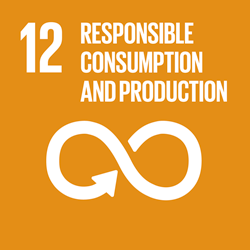Technological watch
Review of technology?specific degradation in c?Si, CdTe, CIGS, dye sensitised, organic and perovskite solar cells in photovoltaic modules: Understanding how reliability improvements in mature technologies can enhance emerging technologies
Review of reliability and failure modes for established and emerging photovoltaic material types.Indicative mapping of relationships between stressors, failure modes and effects in photovoltaic (PV) modules.Review of design considerations for future module development in perovskite solar cells (PSCs), organic photovoltaic (OPVs) and dye sensitised solar cells (DSCs) given, based on historic learnings.A comprehensive understanding of failure modes of solar photovoltaic (PV) modules is key to extending their operational lifetime in the field. In this review, first, specific failure modes associated with mature PV technologies, such as crystalline silicon (c?Si), copper indium gallium selenide (CIGS) and cadmium telluride (CdTe), are framed by sources of specific failure modes, their development from the early?developmental stages onwards and their impact upon long?term performance of PV modules. These failure modes are sorted by both PV technology and location of occurrence in PV modules, such as substrate, encapsulant, front and rear electrode, absorber and Interlayers. The second part of the review is focused on emerging PV technologies, such as perovskites solar cells, dye sensitised and organic PVs, where due to their low to medium technology readiness levels, specific long?term degradation mechanisms have not fully emerged and most mechanisms are only partially understood. However, an in?depth summary of the known stability challenges associated with each emerging PV technology is presented. Finally, in this paper, lessons learned from mature PV technologies are reviewed and considerations are given in to how these might be applied to the further development of emerging technologies. Namely, any emerging PV technology must eventually pass industry?standard qualification tests, while warranties for the life time of modern c?Si?based modules might be extended beyond the existing limit of 20 to 25?years.






